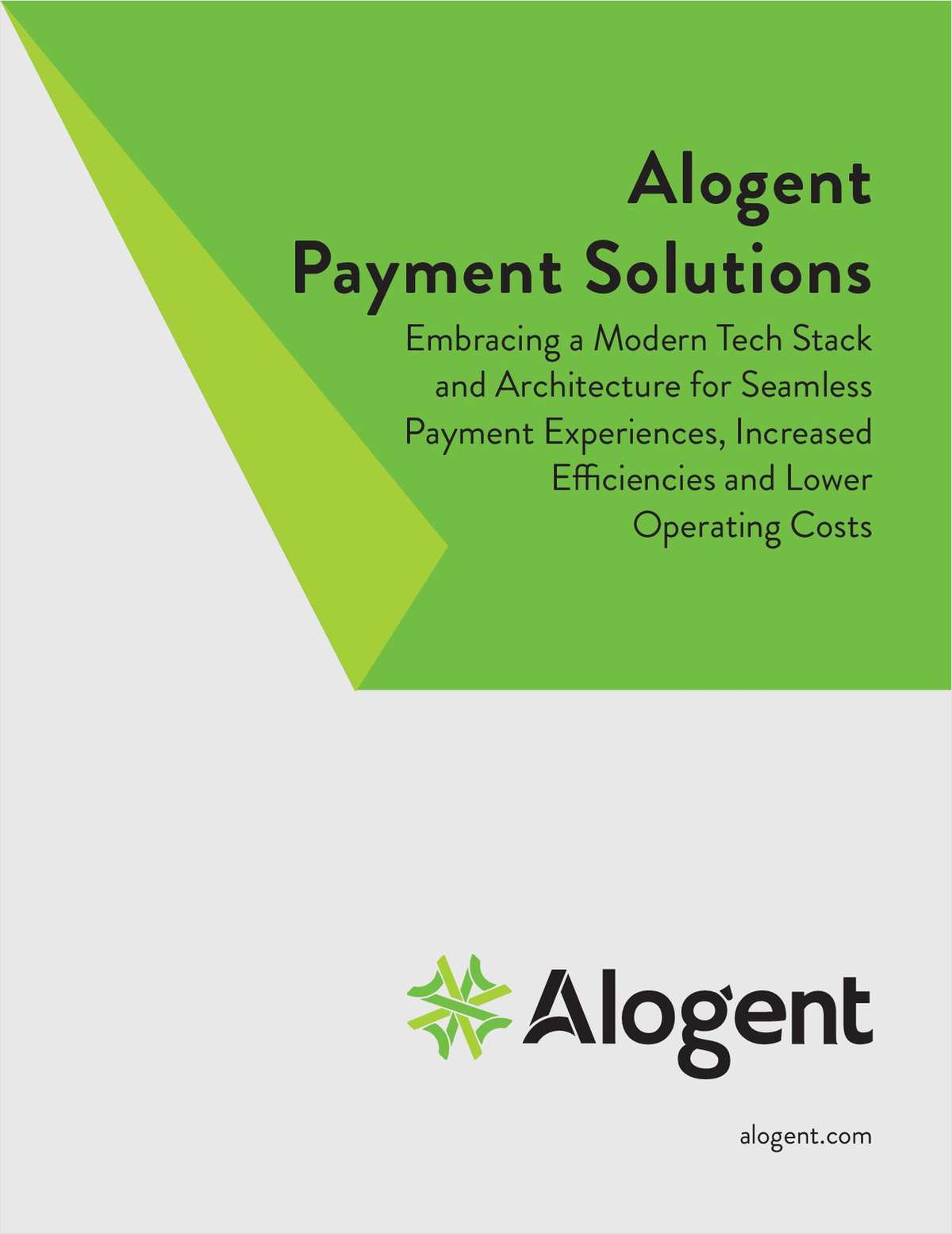VAIL, Colo. – Record low mortgage rates over the past several years have been a boon to credit unions' mortgage loan portfolios, but with signs of an increase in rates becoming more evident credit unions are now facing risk management challenges. NCUA will issue a Letter to Credit Unions within the next two weeks encouraging credit union management to exercise due diligence in managing risk in their mortgage portfolios as interest rates continue to rise. Speaking at the NASCUS Annual Conference here in what he acknowledged was probably his final address to conferees in his capacity as NCUA chairman, Dennis Dollar called on state regulators "to work with NCUA to monitor the risks inherent in a changing interest rate environment." He made it clear that the forthcoming Letter, which will supplement the five Letters to Credit Unions NCUA has issued over the past four years on the issue of prudent balance sheet management in the present rate and market environment, is intended "to remind credit unions not to become complacent in the management of their first mortgage risk factors." Record low interest rates, combined with "vigorous share growth" by credit unions over the past several years, have resulted in credit unions' participation in mortgage lending reaching historic high levels and has offered credit unions unique member service opportunities. Of all credit unions that hold first mortgage loans, almost one in 10 have more than 25% of their assets invested in fixed rate first mortgages, said Dollar. "This ratio, although certainly not within itself an indicator of a poorly managed mortgage portfolio, has more than doubled in the past 10 years. It is highly probable and reasonable to assume that many of those fixed rate loans were originated over the last two years when interest rates were at or near 45-year historic lows," said Dollar, emphasizing he is confident the majority of CUs with first mortgage portfolios have adequate procedures and safeguards in place to manage their risk effectively. He noted though that "if the risk is not managed effectively, this degree of concentration in fixed, low rate first mortgage loans represents potentially high exposure to rising interest rates. This issue is not one of risk avoidance, but one of risk management." The chairman made it clear that, "NCUA does not prescribe a fixed maximum percentage of mortgage loans in a credit union's lending portfolio that is applicable to all credit unions. Each credit union has its own individual risk profile and risk tolerance level. However, no regulator should permit an institution to continue an inherently high risk strategy when measures of fair value indicate net worth is approaching a dangerously low or even negative position as measured for plausible interest rate scenarios. "The combination of low mortgage loan rates in existing portfolios and the feasibility of higher interest rates in the near future portend a situation where low and/or negative economic value is quite plausible for this kind of risk profile," Dollar said. To those credit unions that have high concentrations of fixed rate mortgages, Dollar advised that NCUA will focus "particular attention" on them to measure and forecast their balance sheet risk. "Effective risk management requires that long-term implications on the earnings and net worth of the credit union be properly addressed in a credit union's policies and procedures," he said. -
Complete your profile to continue reading and get FREE access to CUTimes.com, part of your ALM digital membership.
Your access to unlimited CUTimes.com content isn’t changing.
Once you are an ALM digital member, you’ll receive:
- Breaking credit union news and analysis, on-site and via our newsletters and custom alerts
- Weekly Shared Accounts podcast featuring exclusive interviews with industry leaders
- Educational webcasts, white papers, and ebooks from industry thought leaders
- Critical coverage of the commercial real estate and financial advisory markets on our other ALM sites, GlobeSt.com and ThinkAdvisor.com
Already have an account? Sign In Now
© 2024 ALM Global, LLC, All Rights Reserved. Request academic re-use from www.copyright.com. All other uses, submit a request to [email protected]. For more information visit Asset & Logo Licensing.









